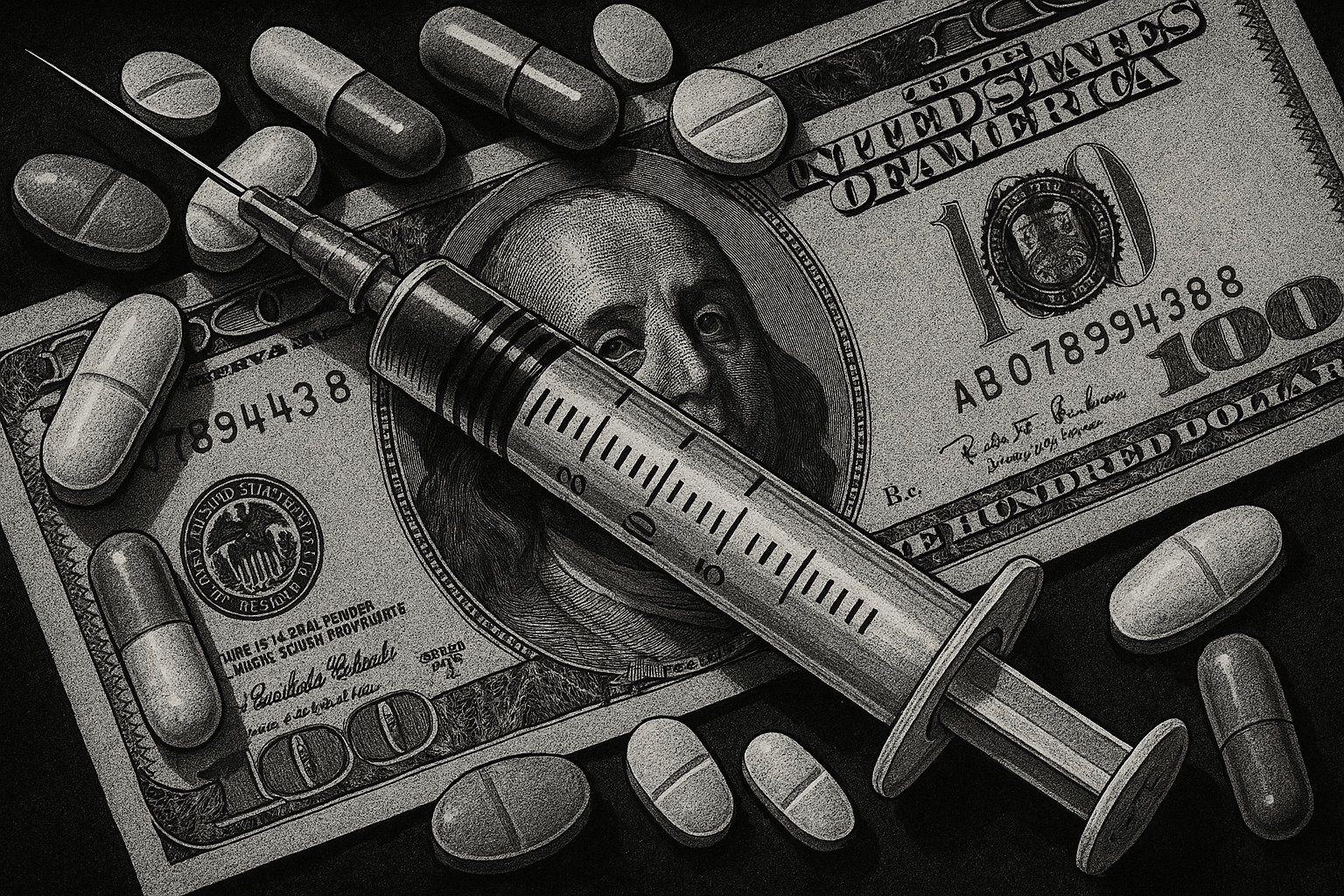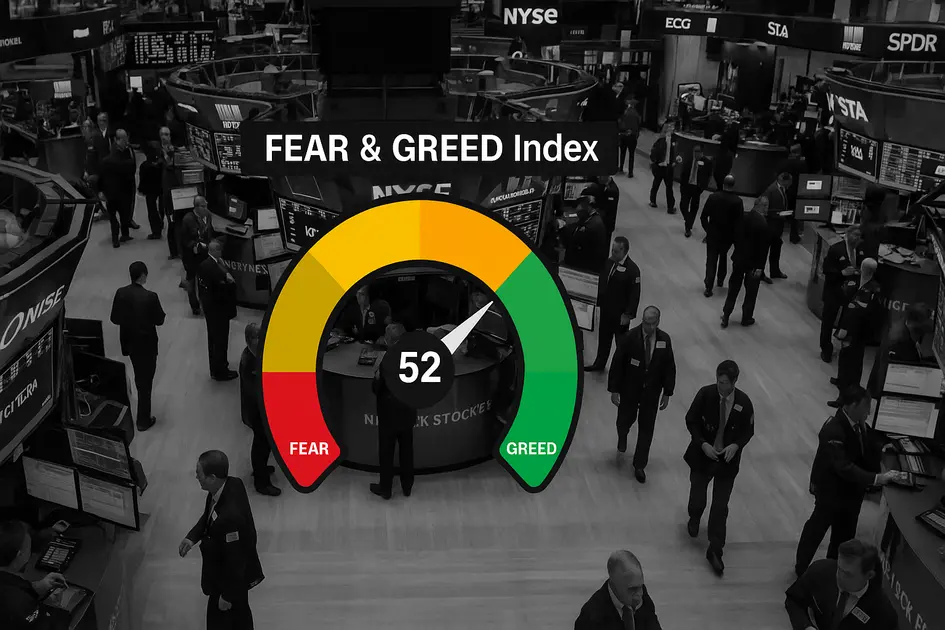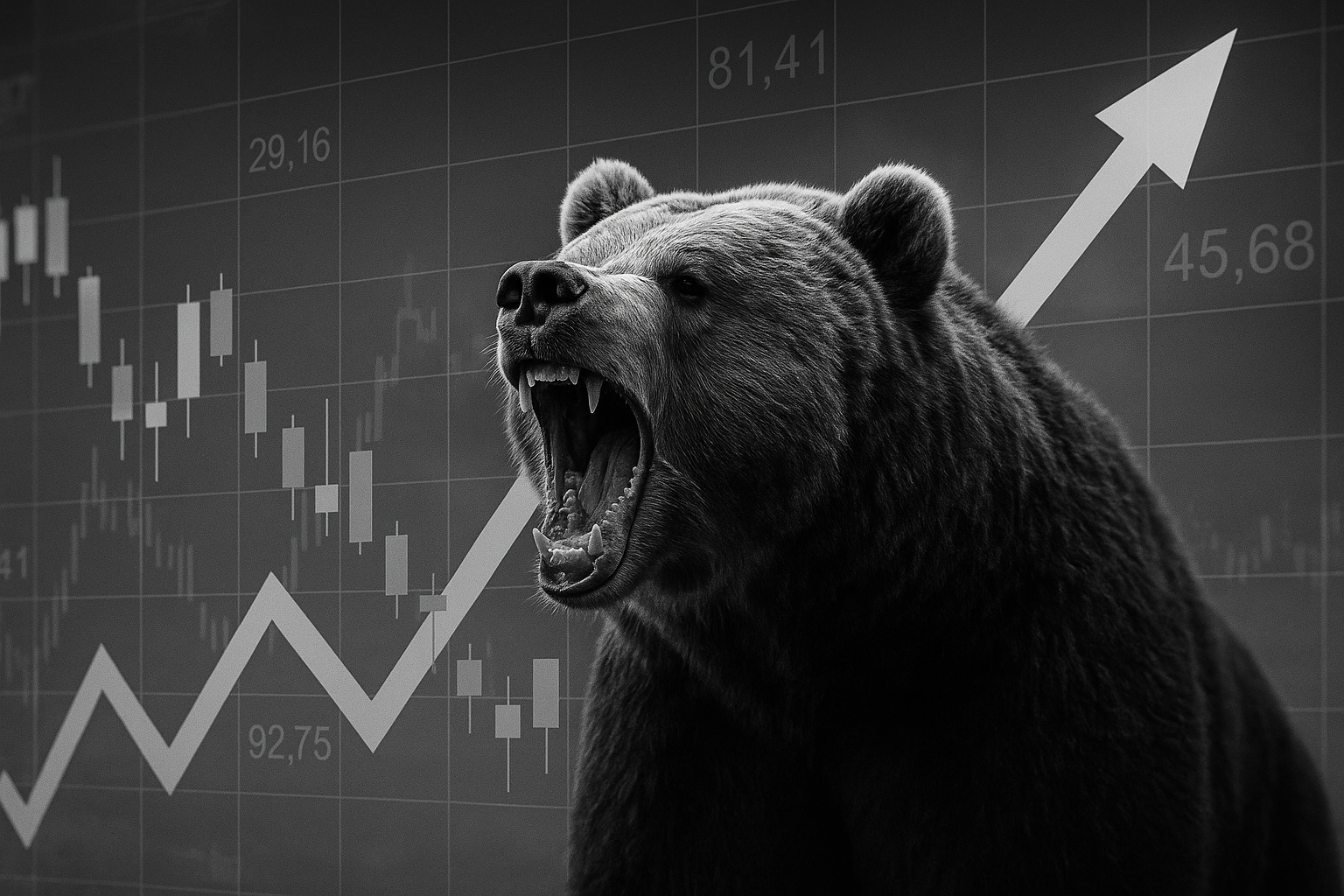Trump just signed his "big beautiful" healthcare bill, and it's about to reshape the entire pharmaceutical landscape in ways that'll make your portfolio either very happy or very sad, depending on what you're holding.
The headline number is staggering: $1 trillion in Medicaid cuts. That's not a typo. One trillion dollars getting ripped out of the system that helps pay for drugs, which means some pharmaceutical companies are about to get financially neutered while others barely feel a thing.
But here's where it gets interesting for your money: This isn't a blanket bomb hitting all healthcare stocks equally. Some companies are sitting ducks, others are basically bulletproof, and a whole new category of healthcare plays is quietly making a fortune while everyone's focused on traditional pharma drama.
The Medicaid Massacre: Who Gets Hit and Who Walks Away
Let's cut through the political BS and talk numbers. Not all pharma companies are created equal when it comes to Medicaid exposure, and that's about to matter a lot.
The Sitting Ducks: Vertex Pharmaceuticals (VRTX) is basically screwed. They get 25% of their U.S. revenue from Medicaid because half of all kids and a third of adults with cystic fibrosis rely on Medicaid to afford their treatments. When Medicaid gets cut, Vertex's customer base literally can't pay for their drugs.
Gilead Sciences (GILD) isn't much better with 22% of domestic sales tied to Medicaid. Their HIV treatment Biktarvy was the second-highest Medicaid drug by spending in 2022. Guess what happens when that funding disappears?
The Walking Wounded: Johnson & Johnson (JNJ) and Novo Nordisk (NVO) each get about 12% of their U.S. revenue from Medicaid. Not catastrophic, but definitely not ideal when that revenue stream is about to get cut in half.
The Bulletproof Bunch: Bristol Myers Squibb (BMY) and Pfizer (PFE) only get 4% of U.S. revenue from Medicaid each. They'll feel the pinch, but it's more like a mosquito bite than a sledgehammer to the face.
The Timeline That Actually Matters
Here's the political reality check: None of this happens until after the 2026 midterm elections. Politicians aren't stupid enough to slash healthcare right before they have to face voters. The real financial impact starts in 2027.
That gives you almost two years to position accordingly. Use this time wisely.
The Hidden Upside Nobody's Talking About
While everyone's freaking out about Medicaid cuts, there's actually a massive win buried in this bill for pharmaceutical companies: more drugs are getting exempted from Medicare price negotiations.
This is huge. Medicare price negotiations have been the pharmaceutical industry's biggest nightmare because the government basically says "We'll pay this much for your drug, take it or leave it." More exemptions mean more pricing power, which means higher margins.
For companies with low Medicaid exposure and high Medicare drug sales, this could actually be net positive.
The Digital Health Gold Rush
While traditional pharma companies are playing defense against government cuts, there's a completely different healthcare story playing out that most people are missing.
Digital health companies just raised $6.4 billion in the first half of 2025, up from $6 billion last year. But here's the kicker: AI-enabled healthcare startups captured 62% of all that funding. That's the first time AI companies have grabbed a majority of digital health investment.
These aren't your grandfather's healthcare stocks. We're talking about companies using artificial intelligence to diagnose diseases, manage chronic conditions, and deliver healthcare without the massive infrastructure costs of traditional hospitals and clinics.
The numbers are stupid good: AI healthcare startups are pulling in an average of $34.4 million per funding round. There were 11 megadeals (over $100 million) in just six months, which puts 2025 on pace to crush 2024's total of 17 megadeals for the entire year.
The M&A Feeding Frenzy
Here's another angle most people are missing: Digital health M&A is exploding. There were 107 merger and acquisition deals in the first half of 2025, already closing in on 2024's total of 121 deals for the entire year.
When M&A activity accelerates like this, it usually means bigger companies are buying up innovative smaller ones before they become serious competition. That's exactly what's happening as traditional healthcare giants realize they need tech capabilities to survive.
Hinge Health and Omada Health both went public this year, giving digital health investors their first real exits after years of being stuck in private markets. When successful companies start going public, it validates the entire sector and opens the floodgates for more capital.
The Investment Thesis
Short Traditional Pharma with High Medicaid Exposure: If you're holding Vertex or Gilead, you might want to reconsider. The Medicaid cuts are real, and these companies are disproportionately exposed.
Long Diversified Pharma with Low Medicaid Exposure: Companies like Bristol Myers and Pfizer will weather this storm and might actually benefit from the Medicare drug negotiation exemptions.
Long Digital Health Innovation: This is where the real opportunity is. AI-powered healthcare companies are solving real problems with lower cost structures and better outcomes. The funding numbers prove institutional investors agree.
ETF Plays for the Lazy: If you don't want to pick individual stocks, ARKQ has exposure to digital health innovation, while VHT gives you broad healthcare exposure that should benefit from the Medicare exemptions.
The Contrarian Angle
Everyone's going to freak out about healthcare stocks when this Medicaid cut news fully sinks in. But smart money is already positioning for what comes after: a healthcare system that relies more on technology and less on government funding.
The companies building the future of healthcare aren't the ones dependent on Medicaid reimbursements. They're the ones using AI to deliver better care at lower costs, and they're getting funded like crazy because institutional investors see the writing on the wall.
Bottom Line
Traditional pharmaceutical companies built their business models on government-subsidized demand. That model is about to get stress-tested in a big way. Meanwhile, tech-enabled healthcare companies are building sustainable businesses that don't depend on politicians deciding how much healthcare people deserve.
The smart play isn't necessarily shorting all healthcare stocks. It's understanding which ones are fighting yesterday's war and which ones are building tomorrow's healthcare system.
The $1 trillion Medicaid cut sounds scary, but for investors who position correctly, it might just be the catalyst that finally separates the healthcare innovators from the government subsidy addicts.
Choose your side accordingly.





